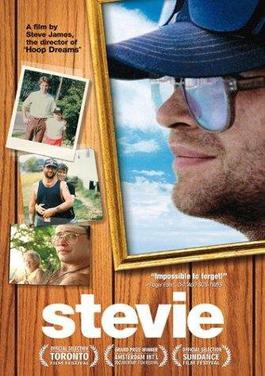Documentary Commission
TODAY’S SESSION • INTRODUCTION TO FACTUAL PROGRAMMING AND THE DOCUMENTARY GENRE • Ideas and Angles • Research • Pitching docs • Ideas Lab & discussion • Screening – Dreams of a Life
WHAT IS FACTUAL PROGRAMMING? • Factual is the over-arching term for non-fiction programming and filmmaking • There are many varied genres, devices and formats within factual filmmaking • Each have their own conventions (habits/cliches in style/format/ delivery/content/edit...) • Fictional and factual programmes borrow from each other’s style and treatment
CONT… • ALL films – fictional and factual - are CONSTRUCTED to some degree. i.e. whether it is in the pre, production of post production stages – human intervention is unavoidable • So how do these interventions affect the treatment of ‘REALITY’ and ‘TRUTH’? (Representation) • Different genres of factual programmes, in particular documentary films, involve different degrees of intervention
TRUTH AND CONTROVERSY • In 2007 the BBC’s reputation was seriously damaged by revelations of ‘fakery’ • Competition winners in particular had been ‘faked’ (e.g. Blue Peter and Radio 1) • The BBC were eventually fined £400,000 by Ofcom • This led to more revelations and a complete review of the BBC’s handling of competitions and factual programme making • The spectre of fakery has reared its ugly head again in 2016 with the BBC’s natural history unit accused of faking parts of it’s Human Planet series, in breach of it’s own Editorial Guidelines : • http://www.theguardian.com/media/2016/feb/19/bbc-to-make-fakeryprevention-training-mandatory
FACTUAL GENRES • Factual programmes can be divided into a number of genres: • CURRENT AFFAIRS • NEWS • DOCUMENTARIES • REALITY TV • FACTUAL ENTERTAINMENT (aka ‘Fact Ent’) • THE LINES ARE BLURRY!
CURRENT AFFAIRS • Current affairs programmes take an in depth look at the current issues of the time. • There are many types of current affairs programmes covering most topics covered in news: • Investigative • Consumer • Political • Health • Social affairs • Crime • Business and Finance
FACTUAL FORMATS • There are many formats available for factual programming. These include: • Multi camera observational e.g. Big Brother/One Born Every Minute • Presenter/reporter led e.g. Panorama • Magazine – e.g The One Show • Authored – e.g. Michael Palin films/ITV authored travelogues e.g. Joanna Lumley • Discussion/debate – either in a studio or on location. Live, as live or recorded.
CONVENTIONS ž Style – shooting and editing – different factual genres utilise different conventions in terms of style ž Structure - varied according to style and content ž Format – varied factual formats e.g. Studio discussion panel show a la Question Time. ž Shots – e.g. hand held ‘wobbly cam’ shots accepted norm adding to ‘realism’ ž Commentary – in late 1960’s comm-free or minimal comm in vogue – allow viewers to impose own views on material shown
CONT… ž Narrator/Presenter/Reporter e.g. Dignified male ‘voice of authority’. In vision/out of vision ‘voice of god’. ž Music e.g. Classical music – “serious” film ž Experts – used to add ‘intellectual weight’ and authority to a film and its arguments ž Conventions are often subject of satire – exposing the established methods by which stories are told but possibly also limited.




